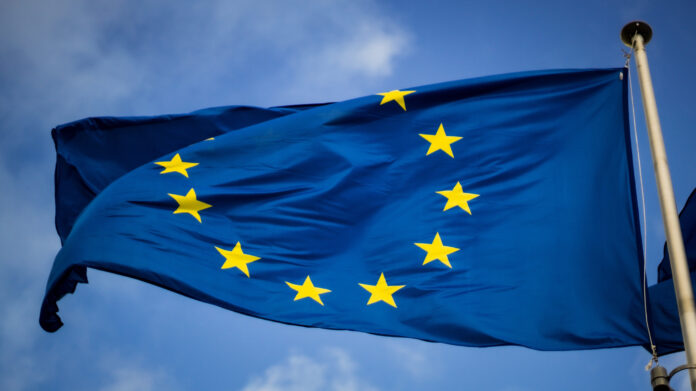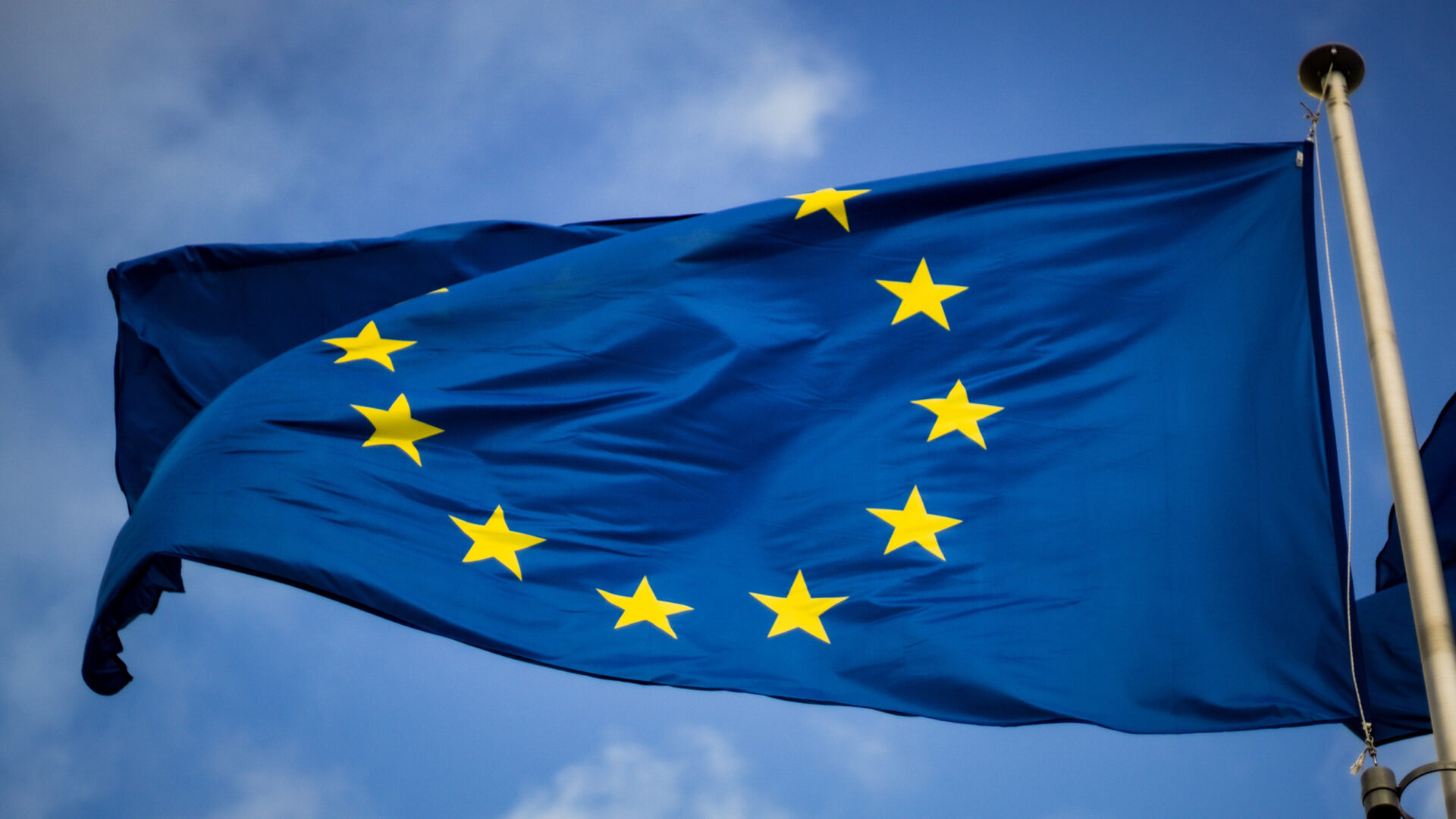Desk Russie publishes this appeal of intellectuals, academics, politicians, journalists from all over Europe to Emmanuel Macron as President of the Council of the EU and President of the Republic. We have already published recently a text by Andreas Umland who advocates the same solution: to accelerate the accession of Ukraine to the EU, which would be an excellent guarantee of its security and would enrich our union with a new member who fully shares our values.
Mr. President of the Republic,
The threats to the security and integrity of Ukraine and, beyond, of the whole of Europe, are unprecedented since the end of the Second World War.
On the one hand, some EU Member States have already taken courageous decisions. Estonia, Lithuania, Latvia, the Czech Republic, France and Poland have decided to provide civilian and military equipment to Ukraine, while Denmark, the Netherlands and Spain have committed themselves to strengthening the military presence in the region; France is preparing to do the same in Romania.
On the other hand, the European Union is working with the United States and other Nato members on a list of new sanctions to try to ward off a new invasion by the Russian Federation.
While these are steps in the right direction of strengthening deterrence, it may not be enough to ensure stability in Ukraine in the short to medium term.
For these reasons, we turn to you, particularly in your capacity as President of the country holding the Presidency of the Council of the European Union, in the hope that you will promote among the other Heads of State and Government an initiative that would make the European Union a truly strategic player in this crisis. Since in 2015 the European Union recognised “Ukraine’s European aspirations” and welcomed “its European choice”, the time has come to give it a real prospect of integration by immediately opening negotiations on Ukraine’s accession to the European Union, with the aim of its full integration within ten years.
Even if the current crisis does not turn into open conflict, Ukraine will continue to be subject to destabilization operations. The precise and binding timetable of reforms that the accession process entails would be a powerful incentive to strengthen democracy and the rule of law in that country and thus a serious antidote to any future attempts at destabilization. We very much hope that you will take this proposal onto your agenda.
First signatories:
- Antoine Arjakovsky, Co-director of the research department Politics and Religions, Collège des Bernardins, France
- Vincenzo Camporini, General (ret.), former Chief of Defense, Italy
- Philippe de Suremain, Diplomat, former French Ambassador to Ukraine, France
- Rebecca Harms, former Member of the European Parliament and Co-chair of the Green Parliamentary Group, Germany
- Rasa Jukneviciené, Vice-President of the European Parliament, former Defense Minister, Lithuania
- Vytautas Landsbergis, former President of the Republic of Lithuania
- Céline Spector, Philosopher, Professor, Sorbonne University, France
- Andreas Umland, Analyst at the Stockholm Center for East European Studies, Germany
- Nikos Votsios, Brigadier General (ret.), former International Relations Director of the Greek Ministry of Defense
- Witold Waszczykowski, Member of the European Parliament, former Foreign Affairs Minister, Poland
And:
- Bernhard Altermatt, Senior Research Fellow (Institute of Federalism), Freiburg/Fribourg University
- Filippos Andrianos, Commodore in the Hellenic Navy (ret.), Greece
- Mauro Arnò, Brigadier General (ret.), Italian Army
- Marek Pawel Balt, Member of the European Parliament, Poland
- Sophie Bilderling-Shihab, journalist, former correspondent of Le Monde in Moscow
- Annick Bilobran, President of Advule, France
- Bohdan Bilohotzky, President of the Union of Ukrainians in France
- Hélène Blanc, Political scientist and criminologist, specialist of contemporary Russia and the Slavic world
- Emil Brix, Director of the Diplomatic Academy of Vienna, Austria
- Susanna Cafaro, Professor of European Union law at the Salento University, Jean Monnet Chair, Italy
- Paulo Casaca, former Member of the Portuguese Parliament, former Member of the European Parliament
- George Christainas, Major General (ret.), Greece
- Natalia Czajkowska, Director of the European Academy of Diplomacy, Warsaw, Poland
- Georges Dallemagne, Member of the Belgian Parliament, President of the friendship group with the Ukrainian Parliament
- Christophe D’Aloisio, Visiting Professor at the Catholic University of Louvain, Director of the Institute of Orthodox Theology of Brussels, Belgium
- Francesco D’Arrigo, Founder and Director of the Italian Institute of Strategic Studies « Niccolò Machiavelli »
- Mark Demesmaeker, Senator, member of the friendship group with the Ukrainian Parliament, Belgium
- Philippe de Lara, Philosopher, Emeritus Professor at Paris 2 University, France
- Martin Dietze, Chief architect, knowledge activist, communicator, Germany
- Massimiliano Di Pasquale, research associate at the Gino Germani Foundation, Italy
- Olivier Dupuis, former Member of the European Parliament, Belgium
- Anne Ferreira, former Member of the European Parliament, France
- Andrej Findor, Associate Professor at Comenius University in Bratislava, Slovakia
- Vanessa Frangville, Senior Lecturer and Chair holder in Chinese studies at the Université Libre de Bruxelles (ULB), Belgium
- Francisco José Gan, Lieutenant General of the Spanish Army (ret). Doctor Honoris Causa by the Catholic University of Valencia.
- Jan Gavrila, Major General (ret.), former Under Secretary of State, Romania
- Aleksandar Georgiev, Colonel (ret), former Senior Bulgarian National Representative to USCENTCOM, Bulgaria
- Roberto Giachetti, member of the Italian Parliament
- Anke Giesen, Member of the Boards of Memorial International and Memorial Germany
- Thorniké Gordadzé, Former Minister of European and Euro-Atlantic Integration of Georgia, Senior Fellow à International Institute for Strategic Studies (IISS)
- Jarosław Gryz, Professor at the War Studies University, Warsaw, Poland
- Pär Gustafsson, Senior Analyst at the Swedish Defense Research Agency, Sweden
- Andrzej Halicki, Member of the European Parliament, Poland
- Olexiy Haran, Professor, Head of Board of the School for Policy Analysis, Kyiv Mohyla Academy; Research Director, Democratic Initiatives Foundation
- Oleksandr Havrylenko, Professor at the V. N. Karazin National University, Kharkiv, Ukraine
- Richard Herzinger, Columnist, Berlin, Germany
- Ladislav Ilčić, Member of the European Parliament, Croatia
- Vit Hlousek, Professor of European Politics, Masaryk University, Czechia
- Marie Holzman, Sinologist, President of Solidarité Chine
- Ulrich Huygevelde, Coordinator of the Center Géopolis (Brussels)
- Antonino Inturri, General (ret.), former Army Attaché at the Italian Embassy in Berlin, Italy
- Radan Kanev, Member of the European Parliament, Bulgaria
- Andrius Kubilius, Member of the European Parliament, former Prime Minister, Lithuania
- Laurynas Lasciunas, Chairman of National Security and Defence Committee, Lithuanian Parliament
- Christian Kaunert, Professor of International Security, Dublin City University and University of South Wales
- Aleksandrs Kirsteins, Member of the Estonian Parliament
- Joanna Kluzik-Rostkowska, Member of the Polish Parliament (Sejm), Poland
- Eerik-Niiles Kross, Member of the Estonian Parliament, former Intelligence Director
- Tarmo Kruusimäe, Member of the Estonian Parliament
- Liliia Kuzyk, Ukrainian jurist, Paris
- Vincent Laborderie, Lecturer at the Catholic University of Louvain, Belgium
- Jonathan Littell, Writer, Prix Goncourt, France
- Jaak Madison, Member of the European Parliament, Estonia
- Pandeli Majko, former Prime Minister, Albania
- Spyros Manolakis, Commodore (ret.) Hellenic Navy, Greece
- Myroslav Marynovych, University Professor, Vice-rector of the Ukrainian Catholic University of Lviv, Ukraine
- Khatuna Maisashvili, Associate Professor of Ivane Javakhishvili Tbilisi State University, Georgia
- Marian Jean Marinescu, Member of the European Parliament, Romania
- Aude Merlin, Lecturer at the Université Libre de Bruxelles (ULB)
- Alvydas Medalinskas, Political Analyst, Mykolas Romeris University, Vilnius, Former Chairman of the Foreign Affairs Committee, Parliament of Lithuania
- Dace Melbārde, Member of the European Parliament, former Minister, Latvia
- Pierre Minonzio, Honorary Consul of Lithuania in Lyon
- Emilio Moffa, Admiral (ret.), Italy
- Lydia Obolensky, Professor of Russian language and literature, Belgium
- Boguslaw Pacek, Major General (ret.), Professor at the Jagiellonian University, Advisor to the Ministry of Defense, Poland
- Carmelo Palma, columnist, coordinator of “Italia europea”, Italy
- Filipe Papança, Professor at the Military Academy (Amadora), Portugal
- Žygimantas Pavilionis, International Secretary of Homeland Union – Lithuanian Christian Democrats, Member of the Lithuanian Parliament
- César Pintado, Defense Analyst and Professor in the International Campus for Security and Defense (CISDE), Spain
- Gianni Pittella, Senator, Italy
- Elena Poptodorova, Vice President of the Atlantic Club of Bulgaria; former Ambassador to the US; former Member of the Bulgarian Parliament
- Andrzej Podraza, Professor, Head of the Chair of International Relations and Security, Catholic University of Lublin, Poland
- Paolo Puri, General (ret.), Former Military adviser to the Prime Minister, Italy
- Bronis Ropė, Member of the European Parliament, Lithuania
- Pedro Roque Oliveira, Member of the Portuguese Parliament, Chair of the Labor Committee
- Thornike Sharashenidze, Professor, Head of International Relations MA program at Georgian Institute of Public Affairs (GIPA)
- Vasile Simileanu, Director of GeoPolitică Magazine, Romania
- Edvīns Šnore, Member of the Latvian Parliament (Saeima)
- Gianfranco Spadaccia, former Member of the Italian Parliament
- Ivan Stefanec, Member of the European Parliament, Slovakia
- Lorenzo Strik Lievers, former Member of the Italian Parliament
- Michael Struve, Lecturer in Political Sciences, Paris
- David Stulík, Senior Analyst, European Values Center for Security Policy, Czechia
- Marcin Święcicki, President of the European Movement Forum, former minister, Poland
- Todor Tagarev, Head, Center for Security and Defense Management, former minister of defense of Bulgaria
- Dmitri Teperik, Chief Executive at International Center for Defense and Security (ICDS), Estonia
- Maïrbek Vachagaev, Chechen historian and political analyst on the North Caucasus at the Jamestown Foundation, co-editor in chief of the journal “Caucasus Survey”
- Sofia Ventura, Professor of Political Science at the University of Bologna, Italy
- Gianni Vernetti, former Undersecretary for Foreign Affairs, Italy
- Hartwig von Schubert, Theologist, lecturer at the University of Hamburg, Germany
- Vo Van Ai, writer, Président du Comité Vietnam pour la Défense des Droits de l’Homme (VCHR)
- Emanuelis Zingeris, Member of the Lithuanian Parliament (Seimas)
- Milan Zver, Member of the European Parliament, former Minister, Slovenia
First published in: The Lithuania Tribune




